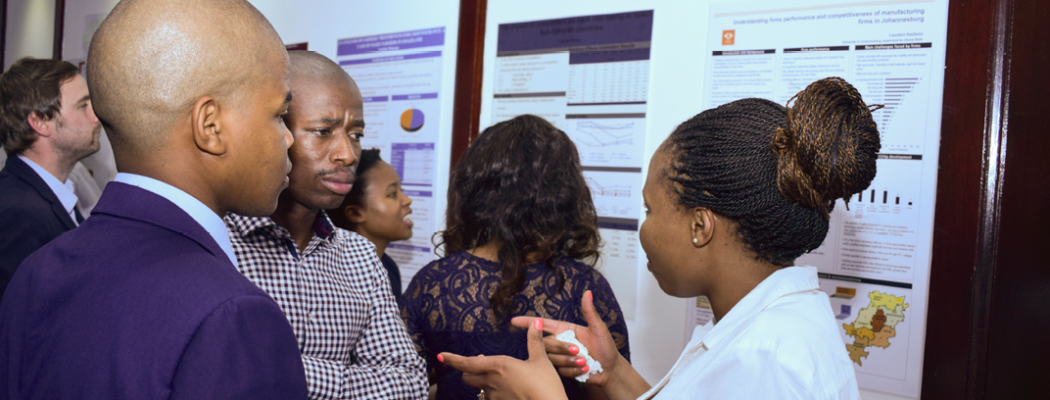Data
In collaboration with the National Treasury (NT), the South African Revenue Service (SARS) and the United Nations University World Institute for Development Economics Research (UNU-WIDER), anonymized administrative tax data is made available for research purposes. South Africa is one of only a few countries globally to grant access to this type of data for research purposes. This is a unique opportunity as access to national administrative data for researchers, outside of senior officials, is rarely granted. The administrative data plays a central part in the SA-TIED programme and aims to feed into policy formulation.
Accessing tax administrative data at the NT
3 work streams use these data for research, namely:
- The Enterprise Development for Job Creation and Growth
- Public Revenue Mobilization for Inclusive Development
- Turning the Tide on Inequality
These work streams will periodically call for research proposals during the duration of the programme (2018-2021) and can be found under the Opportunities tab. Apart from responding to the request for proposals, proposals (max 5 pages) can be sent to ntsdf@treasury.gov.za outlining the research question, the relevant literature, the proposed methodology, exact data requirements and the anticipated time needed in the lab. Please ensure your proposal showcases that you have read papers written on the tax data relevant to your proposal. This will ensure that you understand the data limitations and can place your proposed contribution into the tax data literature.
Resources
Data description
These are micro data, which means the units of a population are individuals or businesses. Data records are linked by using the variables they have in common. Personal information is removed so individuals and firms cannot be identified.
Currently, six datasets are available for research:
- Company Income Tax (CIT) (2008-18)
- Pay-As-Your-Earn (PAYE, payroll or IRP5) (2008-2018)
- Value-Added Tax (VAT) (2009-2018)
- Customs data (2009-2018)
- Individual Panel (which merges IRP5 and ITR12 data) (2011-18)
- SARS-NT/CIT-IRP5 panel merges the CIT, IRP5, customs and VAT data (2008-18)
Two matched panels, the Individual Panel and the SARS-NT Panel CIT-IRP5 have been developed. The Individual Panel matches payroll (IRP5) and self-assessed (ITR12) taxpayer information to create a more complete overview of formal employment in South Africa. You can find a detailed description of the Individual panel in this SA-TIED Working Paper.
The SARS-NT panel contains linked data from the CIT, VAT, Customs and IRP5 and is on the firm-level. You can find a detailed description of the SARS-NT panel in this WIDER Working Paper.
Data security
The data is anonymized to comply with global best practices on data security and can only be accessed at a secured data facility located in Pretoria, South Africa, where UNU-WIDER researchers work with NT and SARS staff to maintain the database and share knowledge and capabilities with anyone given access.
Research
If you are planning on responding to a SA-TIED call for research proposals, please check the papers at the bottom of this page for completed, current, and ongoing research to avoid the duplication of existing research. Final papers resulting from the analysis of these data will be made available on our research page alongside all other SA-TIED final papers.
A previous research collaboration between NT and UNU-WIDER has already produced a series of studies utilizing tax administrative data.
Some independent research studies have also been undertaken by staff at the National Treasury. An overview of this research can be accessed here.
Please feel free to send an email to sa.datateam@wider.unu.edu with additional questions regarding the data.

















